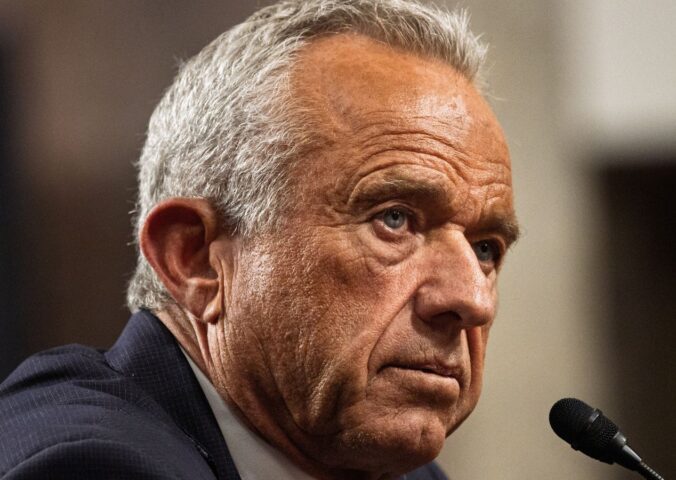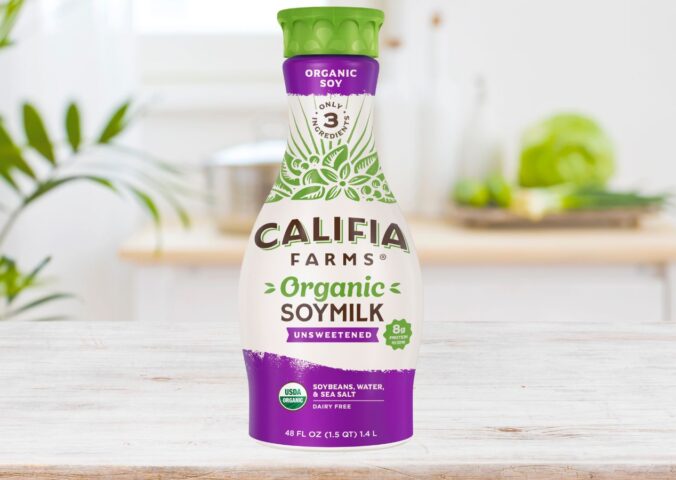The US Department of Agriculture must now reveal all welfare violations in every animal facility inspection report submitted.
Previously, inspectors were legally entitled to omit certain minor transgressions from publicly available documents, citing them as “teachable moments.”
The omissions have been permitted for six years, but will no longer continue. Previously overlooked issues included record-keeping lapses and cleanliness problems.
Now, animal facilities, including dog breeding centers and zoos, will have all of their misdemeanors reported in full.
Offenders found to be failing to uphold their duty of care to animals can be fined and/or charged with animal cruelty, in accordance with the Animal Welfare Act.
Animal activists welcome the update
Animal welfare advocates have criticized the previous policy since it came into effect. Citing it as a discernable lack of transparency, the new update has been welcomed as a win for captive animals.
“It was impossible to get an accurate report of a licensed facility’s operations and their failures,” Matt Rossell, campaign manager at the Animal Legal Defense Fund said in a statement.
He continued: “Teachable moments hindered the proper and lawful care of animals.”
The USDA’s animal care program deputy administrator Betty Goldentyer announced that with immediate effect, all violations will be reported in full. They will also be available for public scrutiny on the USDA website.
“The humane treatment of animals has always been [our] top priority, and we use all available options to carry out this goal,” Goldentyer said in a statement.
‘Teachable moments’
The USDA brought in its teachable moments policy in 2016. It was claimed to be an attempt to allow inspectors and facilities to work closely together in the interests of animal welfare.
“We see teachable moments as an educational approach,” the initial declaration read.
Teachable moments became a cause for concern when reports were found to be heavily redacted. As a result, missing information often took years to access.
An interim solution was to post the moments separately online, but not in facility reports. This was widely criticized as being misleading due to locations technically having a clean inspection record. This, while still under investigation for minor violations.
Congress used its 2022 appropriations bill to bring an end to the policy on August 1.
Concerns that instigated policy change
Within two years of the teachable moments policy being brought in, welfare citations dropped by 60 percent. PETA also claims that between 2015 and 2020, enforcement activity against licensed animal locations fell by 90 percent.
The USDA has been found to have allowed a number of serious welfare violations to go unreported at animal facilities. These include the transportation of bear cubs in a covered plastic bin, footage of which was posted to Instagram on March 18.
One month after the incident, USDA inspectors issued a teachable moment for improper ventilation, despite this being a citation offense.
“That’s just one recent example of a laundry list of examples of the USDA having failed to follow its own protocols,” Brittany Peet, the PETA Foundation’s deputy general counsel for captive animal law enforcement told National Geographic.
Animal facilities call for discretion
Despite claiming to advocate for transparency within animal care, the Association of Zoos and Aquariums calls for “discretion” in reporting.
Dan Ashe, the nonprofit’s president and CEO said that he hopes the new policy won’t send the wrong message. He calls for inspectors to use their own judgment about whether certain violations actually need citations.
“USDA inspectors, at some level, need to be trusted to make a decision, like you would hope a local police officer would,” Ashe said in a statement.
“If I have a taillight out, or I rolled through a stop sign, or something like that, we all hope that law enforcement officers will use that occasion as a way to kind of say, ‘okay, don’t do it again.’”
PETA celebrates the non-redacted reporting policy but sees the necessary intervention of Congress as regrettable. The organization considers the USDA as not being proactive about its own actions.






